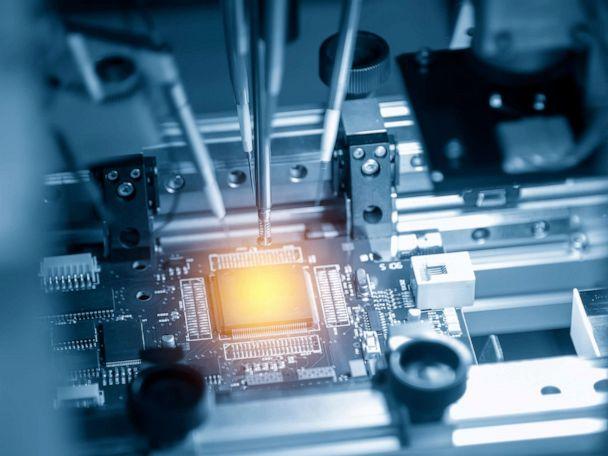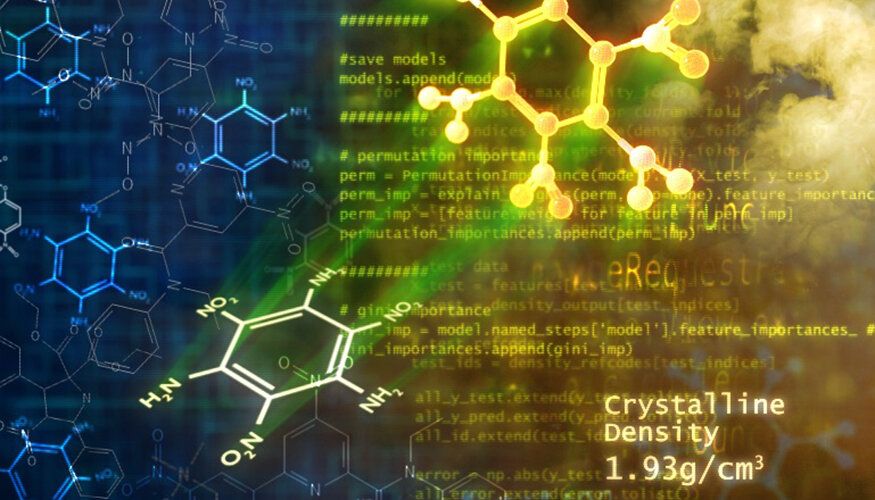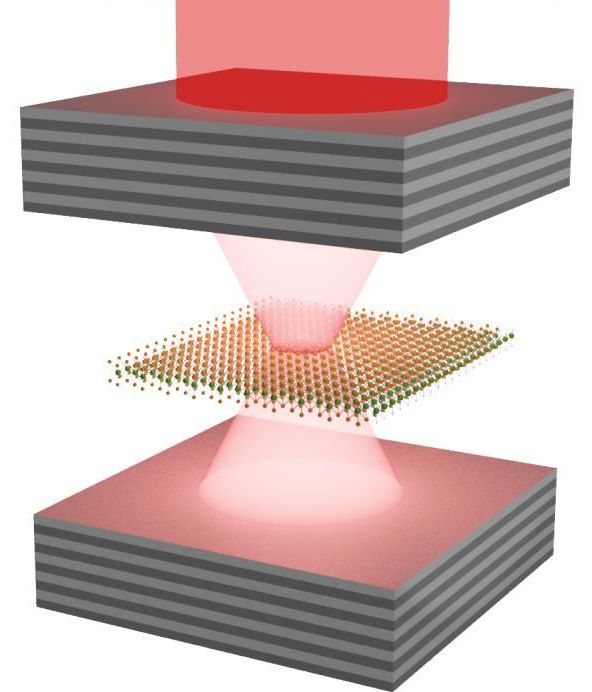THIS is that upward exponential point that heralds the arrival of the Technological Singularity.
This is an Inside Science story.
Artificial intelligence can design computer microchips that perform at least as well as those designed by human experts, devising such blueprints thousands of times faster. This new research from Google is already helping with the design of microchips for the company’s next generation of AI computer systems.
The process of designing the physical layout of a chip’s parts, known as floor planning, is key to a device’s ultimate performance. This complex task often requires months of intense efforts from experts, and despite five decades of research, no automated floorplanning technique has reached human-level performance until now.







